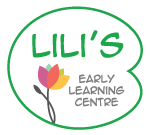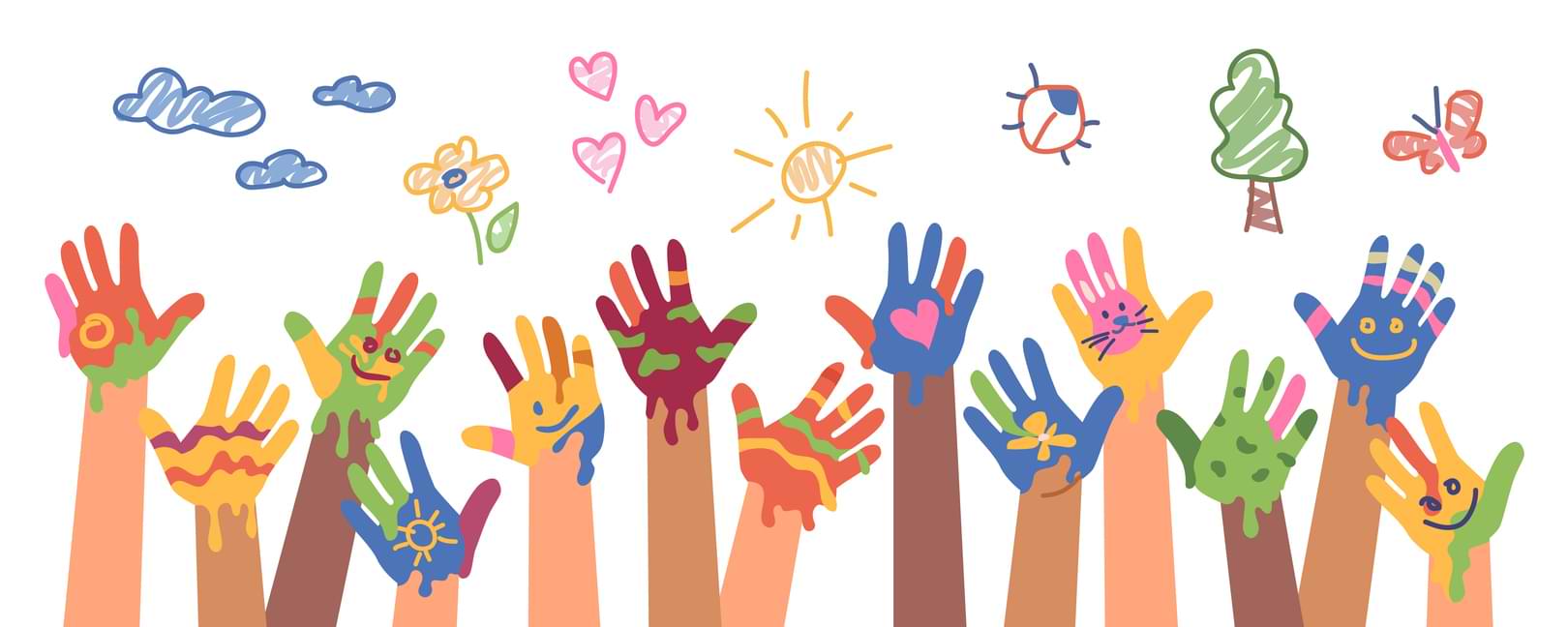There’s a lot to consider and going on when your child starts kindergarten. A good kinder program should cover a wide range of things including:
- Necessary adjustments and preparations
- Transition steps
- Assess child (Every child is different in their own little way, including in existing levels of skills and knowledge)
- Independent play
- Parent-teacher communication
- Kinder routine
- Making learning fun
- Bathroom skills
- Name recognition
- Fine motor skills
At our 3 and 4 years old kinder, we strive to provide you and your child with a caring and fulfilling kinder experience. With the Victorian Government’s kinder funding policy, it has also never been more important for you to understand the many benefits and opportunities kinder has to offer. These are our top 10 things we believe all parents should know about kindergarten.
1. Why Kindergarten Is Important in Education
90% of a child’s brain is developed by the age of 5 years old, making the early years of education a crucial period of development. Think of kindergarten as the foundation of their learning and future experiences with peers and the wider community. Kinder gently introduces core experiences and opportunities for your child to explore outside of the home and beyond the safety of family.
Starting school is a significant event in a child’s life and one that needs to be adequately prepared for with a kinder routine and curriculum designed for children to succeed at school. Whether you are looking at a Hoppers Crossing kinder or Tarneit kinder, these purposefully curated environments are geared toward exploration, creativity, independence and varied settings that foster a curious mindset. Parents may have diligently designed a home environment that includes elements found in a kindergarten, but children need to prepare for school outside of the home so as to strengthen healthy attachment.
2. Why Having Play Is So Important for Children
Playing is part of learning, and learning is your child’s most important job. This learning comes in many forms, like how their bodies work and how to solve complex problems. They are also learning to interact with the world and with other children around. Sometimes, they are even learning about the consequences of their choices.
Play is more than just something your child does for fun. It’s how they learn more about their place in the world, and how it all fits together.
What About Outdoor Play?
Outdoor play is critical for young children in early childhood programs. Many of the developmental tasks that children must achieve — exploring, risk-taking, fine and gross motor development and the absorption of vast amounts of basic knowledge — can be most effectively learned through outdoor play.
3. Learning Under the Right Supervision
Supervision is constantly observing and relating to individual children and groups of children to contribute to their safety, health and wellbeing. Whether your kinder is funded by Government or privately, teachers should be well trained and able to handle any situations that arise.
Supervision involves more than preventing or responding to potential or actual harm and hazards. It requires the educator to be actively involved with children and have knowledge of what each child is doing at any given time of the day.
Also, supervision can contribute to building positive relationships between educators and children. When children are being supervised adequately, there will be evidence of strong, mutually respectful relationships between educators and children.
4. Direct Teaching Along With Play-Based Learning
The optimal mix at kindergarten is having both direct teaching and free play. These direct teaching moments are critical to your child’s education as they signal that the teacher sets the pace for the day and children must listen to stay safe and participate in the activity. However, your child should also have opportunities to follow their own curiosity and interests.
5. Educator Engagement With Parents
The last thing you want to do is drop your child off in the morning and collect them in the afternoon without any engagement from the educator. Look for a kinder who empowers staff to have open communication with parents so you can learn more about your child’s progress and how you can assist.
6. Designated Areas
An ideal kindergarten room should include the following areas and activities to provide children with a well-rounded, stimulating experience:
- A large open space
- Art corner
- Construction area
- Cooking area
- Home corner
- Library area
- Music and movement
- Science and nature
- Sensory play
- Puzzles
7. Inclusion & Diversity
Each child comes from a different background and will have a different lens through which they see the world. You want to find a kinder that reflects inclusion and diversity. Ask what celebrations the kinder participates in and ensure they are honouring Diwali just as they are celebrating Easter. You also want to ensure that toys have different skin tones and cultural origins. This should also include how the kinder interacts with the larger community, from having local elders to speak to learning about what was on the site before the kinder.
8. Safety
The health, safety and wellbeing of your child should always be the highest priority. Staff members all should be trained to appropriately manage the various situations that can arise in a childcare setting, which include:
- Excursions
- First aid
- Children and water play
- Sun protection for children
- Handling incidents and injuries
- Illness procedures
9. Healthy Eating Habits
Educating children about the importance of healthy eating and good nutrition is an important part of early childhood development. Providing a positive eating environment that reflects dietary requirements, cultural and family values, and promotes lifelong learning for children.
10. Group Activities
Group activities and group play is not only fun for your little one, but it is a great prelude to school activities. Look for a kindergarten in Tarneit, Hoppers Crossing or beyond that has different group activities happening throughout the day, whether it is reading a book as a group, interacting in water play or working on building a block tower as a team. This is going to instil confidence in your child to explore group dynamics at school.
Give Your Child a Bright Start at Kindergarten at Lili’s
Lili’s Early Learning Centre aims to set the benchmark for high-quality Early Childhood Education and Childcare. Our relationships with children and parents are based on love and respect. Our goal is provide your child with an opportunity to learn and practise the essential social, emotional and problem-solving skills they need, and help to prepare your child for a successful school year. Secure a spot in our kinder program for 2023 and make use of the Victorian Government’s free kinder policy.


